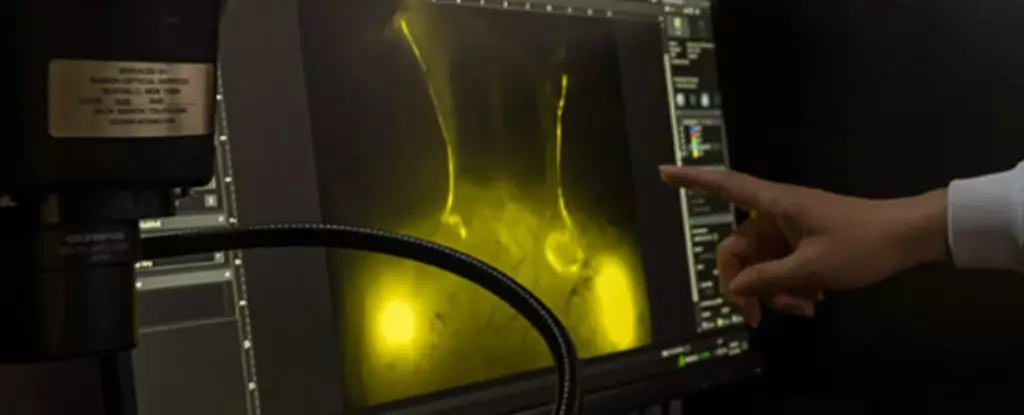In a recent study conducted by researchers from the University of Rochester in the US, a surprising discovery was made about the potential of a drug used to induce labor in protecting the aging brain. The drug, prostaglandin F2α, which is typically used to encourage delivery or reduce blood loss after birth, was found to have a positive impact on the brain’s glymphatic system. This system is responsible for clearing out toxic waste from the brain, and its dysfunction is linked to neurodegenerative conditions like Alzheimer’s disease.
The Glymphatic System and Aging
As we age, the efficiency of the glymphatic system deteriorates. The lymph vessels that drain cerebrospinal fluid (CSF) in older individuals do not pump as effectively as in younger ones. This leads to a slower clearance of waste products from the brain, putting older individuals at a higher risk of cognitive decline and neurological diseases. High concentrations of toxic byproducts in the CSF have been associated with conditions like dementia, Alzheimer’s, and Parkinson’s disease.
The Role of Prostaglandin F2α
In the experiments conducted on rats, researchers found that prostaglandin F2α could stimulate muscle contractions in the neck’s lymphatic vessels. These contractions help to push ‘dirty’ fluid from the brain into the lymph nodes in the neck for cleaning. By using prostaglandin F2α, researchers were able to restore the flow of the glymphatic system in older rats, improving the removal of waste from the brain. This drug, which is already being used clinically for labor induction, shows promise as a potential treatment strategy for age-related cognitive decline and neurodegenerative diseases.
While the study was conducted on rats, the findings hold promise for humans as well. Restoring the function of cervical lymph vessels could have significant benefits for older individuals by improving the clearance of waste from the brain. The convenience of the location of these lymph vessels near the surface of the skin makes them favorable targets for future research and potential treatments for neurological conditions. The drug, when delivered topically to the lymph vessels in the neck, showed significant improvement in CSF flow in older rats, comparable to the flow in younger mice.
Despite the promising results of the study, further research is needed to determine the efficacy of prostaglandin F2α in humans. Scientists are still exploring the complexities of the glymphatic system and its role in maintaining brain health. Recent discoveries about new networks of tiny channels and hidden waves that facilitate fluid flow in the brain indicate that there is still much to learn about this essential system. As we continue to unravel the mysteries of the glymphatic system, new opportunities for treating neurological diseases may emerge.
The potential of a labor-inducing drug in protecting the aging brain is a groundbreaking discovery that could have significant implications for the treatment of neurodegenerative conditions. By targeting the glymphatic system and improving the clearance of waste from the brain, researchers have shown that it is possible to mitigate age-related cognitive decline. As we continue to explore the possibilities of prostaglandin F2α and other interventions, we may be on the brink of a new era in the treatment of neurological diseases. The future of brain health looks brighter with each new discovery in this exciting field of neuroscience.



Leave a Reply